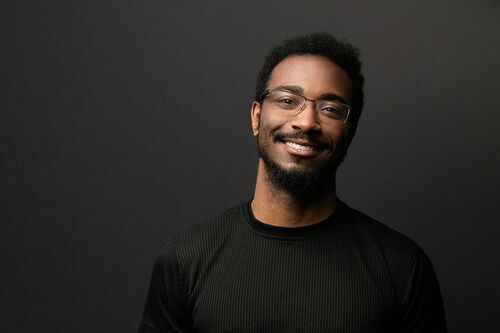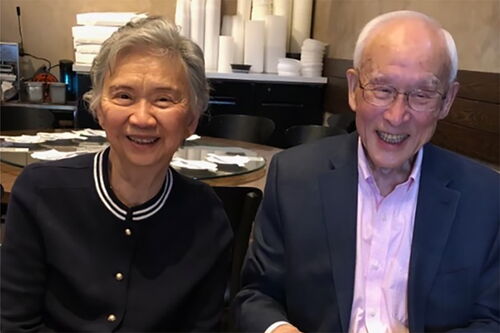A legacy in Latin American literature
Native-born Illini Daniel R. Reedy (AM, '59; PhD, '62, Spanish) has come a long way since his childhood in Marshall, Illinois. An original academic protege of legendary College of Liberal Arts & Sciences' Spanish professor Luis Leal, he completed the second doctoral dissertation ever directed by Leal, and then moved on to the University of North Carolina in Chapel Hill where he served as an instructor, assistant professor and tenured associate professor for five years before finally accepting a position as assistant professor at the University of Kentucky. Made full professor in 1970, Reedy—apart from short stints as a visiting lecturer at the University of Kansas in the summers of '73 and '75—has stayed in Kentucky, teaching at the undergraduate and graduate levels and carrying out his research emphasizing the fields of Spanish-American literature and Latin American studies, particularly Peruvian literature and culture.
He has directed more than 40 doctoral dissertations and his extensive expertise and editorial acumen are relied upon by scholars in Spanish-American literature. Reedy's insightful contributions to the critical colonial literature bibliography of the Library of Congress' prestigious Handbook of Latin American Studies have influenced scholars worldwide. His ongoing and pivotal role in organizing the annual Kentucky Foreign Language Conference, a significant gathering of scholars, is widely acknowledged as vital and indispensable.
Says Maureen Ahern, professor of Spanish, Latin American literature and culture at The Ohio State University, of her colleague: "He truly is that exemplary North American scholar who has never lost his commitments and his connections to Peru, which so shaped his understanding of the social as well as the aesthetic dimensions of literature. Perhaps the major tributes to his extraordinary legacy are the fact that he is as highly respected and read in Peruvian circles as he is amongst Hispanics in the U.S. and Europe and that he continues to produce pioneering scholarship for new generations of many cultures."








